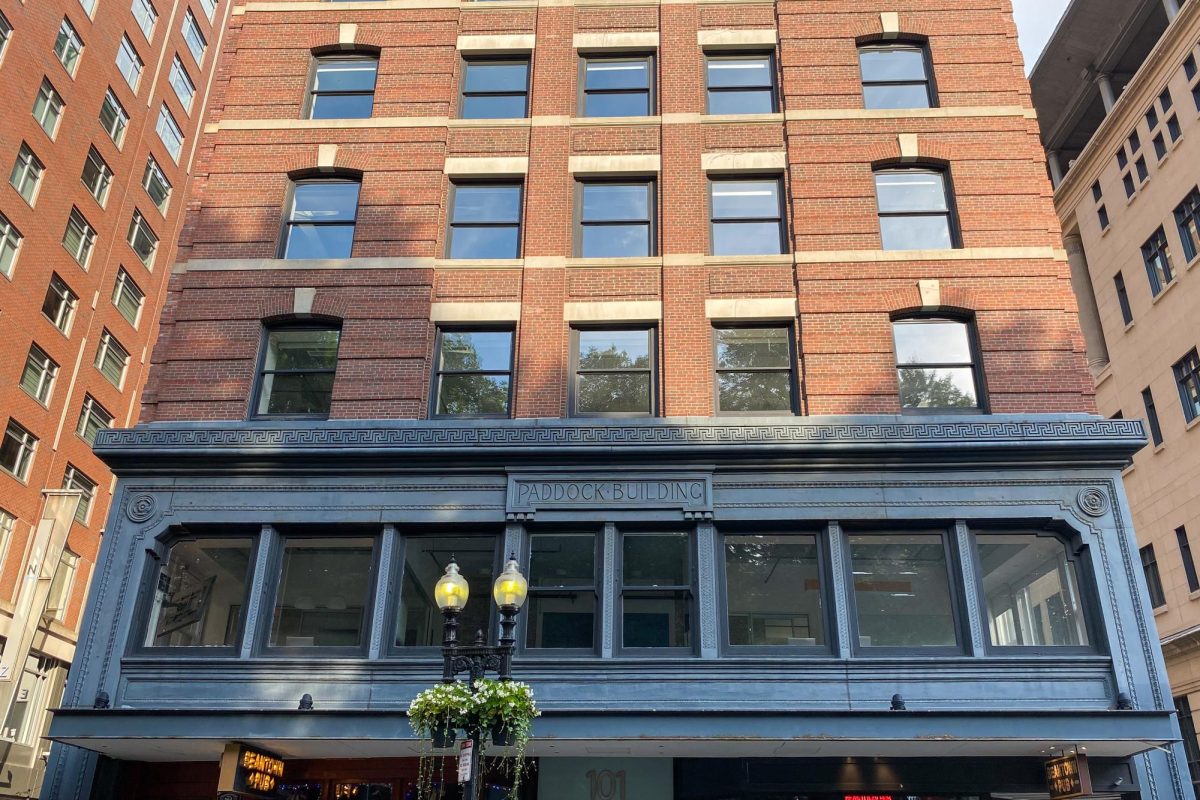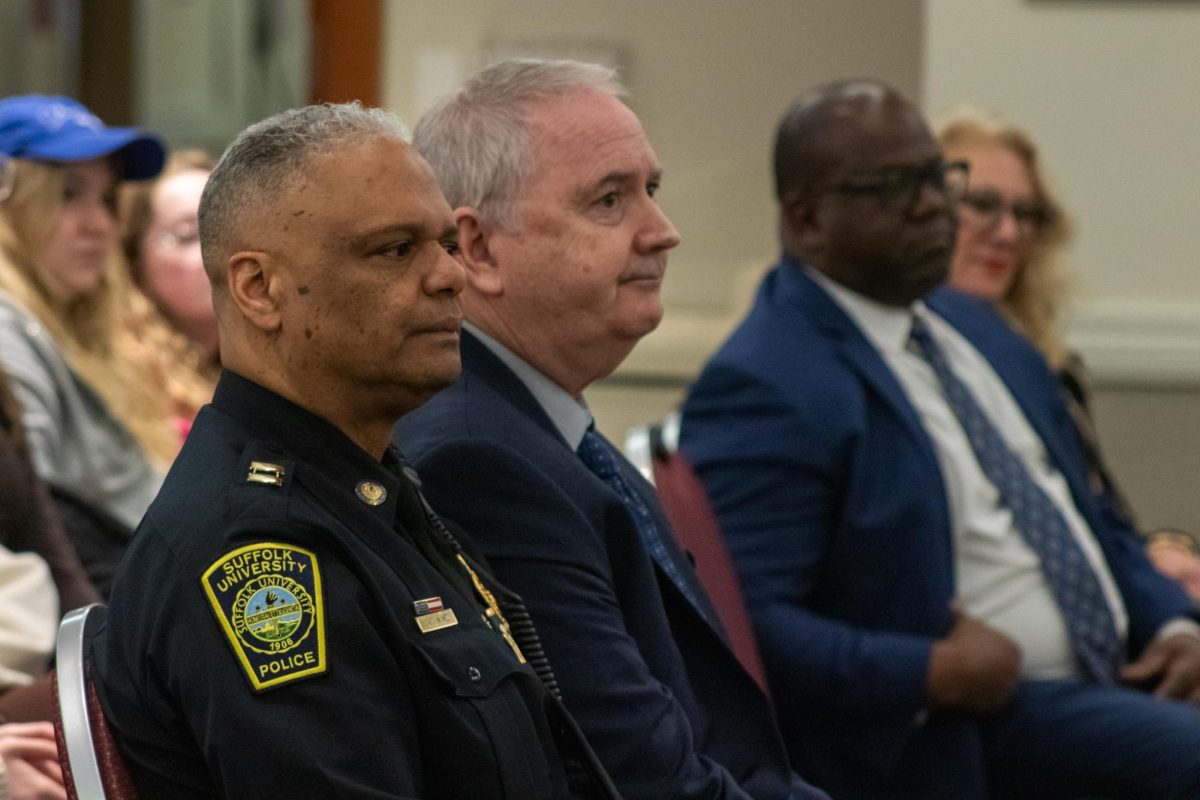“This is the Internet Revolution,” said Wael Ghonim as he talked to CNN about the Egyptian revolution that just pushed President Hosni Mubarak out of office after his 30-year reign. “If you want to free a society, just give them Internet access. I’ll call it Revolution 2.0.”
On leave from his job at Google in Dubai, Ghonim, 30, left to join the protests in Egypt. Many protestors know him as hero. According to CNN, “Ghonim played a key role in organizing the protests that have convulsed Egypt for more than two weeks. He was the administrator of a Facebook page that is widely credited with calling the first protest January 25.”
The main question is: How much did the Internet and social media contribute to the revolution in Egypt?
Ghonmin would say it was the main fuel to the fire. Others disagree. Malcom Gladwell wrote a piece in the New Yorker claiming that social media would not be the cause of a revolution. He stated, “Social media can’t provide what social change has always required.” He then again reiterated the point early in the month: “Please. People protested and brought down governments before Facebook was invented. They did it before the Internet came along,” wrote Gladwell. “People with a grievance will always find ways to communicate with each other. How they choose to do it is less interesting, in the end, than why they were driven to do it in the first place.”
Tech Crunch writer Devin Coldewey also believes social media was not the cause, but feels that, “Twitter and Facebook are indeed useful tools, but they are not tools of revolution — at least, no more than Paul Revere’s horse was.” Coldewey went on to write, “People are the tools of revolution, whether their dissent is spread by whisper, by letter, by Facebook, or by some means we haven’t yet imagined.”
But then again, one has to wonder, if the Internet and social media were not such a massive part of this revolution, why did the Egyptian government shut off its Internet completely?
A Mashable article quoted that “Just like Tunisia, Egyptian protesters have been utilizing social media to organize their own protests, using hashtags such as #Jan25 to communicate. In response to the protests, Egyptian authorities blocked Twitter and Facebook.” This blackout of communication only spurred a harder push for freedom.
After the Internet blackout, even the online group Anonymous got involved. According to Sarah Kessler at Mashable, Anonymous ended up hacking into the Egyptian government’s Ministry of Information website and President Mubarek’s National Democratic Party website all in support of the antigovernment protestors.
Twitter and Facebook erupted throughout the process of the revolution, allowing coverage when even television could not provide it. Even Al Jazeera had its issues and could not be broadcasted to U.S. televisions, so people watched it streaming online and via YouTube.
“For perhaps one of the first times in history, history itself has been recorded instantaneously, as reporters took to Twitter to share 140-character updates and personal stories from the protests,” stated another Mashable article regarding the end of the successful revolution. “The messages provided a stark reality to readers in the outside world, especially as the protests turned violent and police turned on journalists — the very people many of us outside the country were following.”
Perhaps people are always the cause of change. Their tools vary with the times. Whether it is Paul Revere riding on his horse, or an instant 140-character update to the Internet, change can be achieved. It is the digital age now, however, and the Internet reigns strong. The Egyptians utilized the tools necessary to reach a worldwide audience, despite being cut off midway through. It just goes to show social media is definitely something to be reckoned with.











